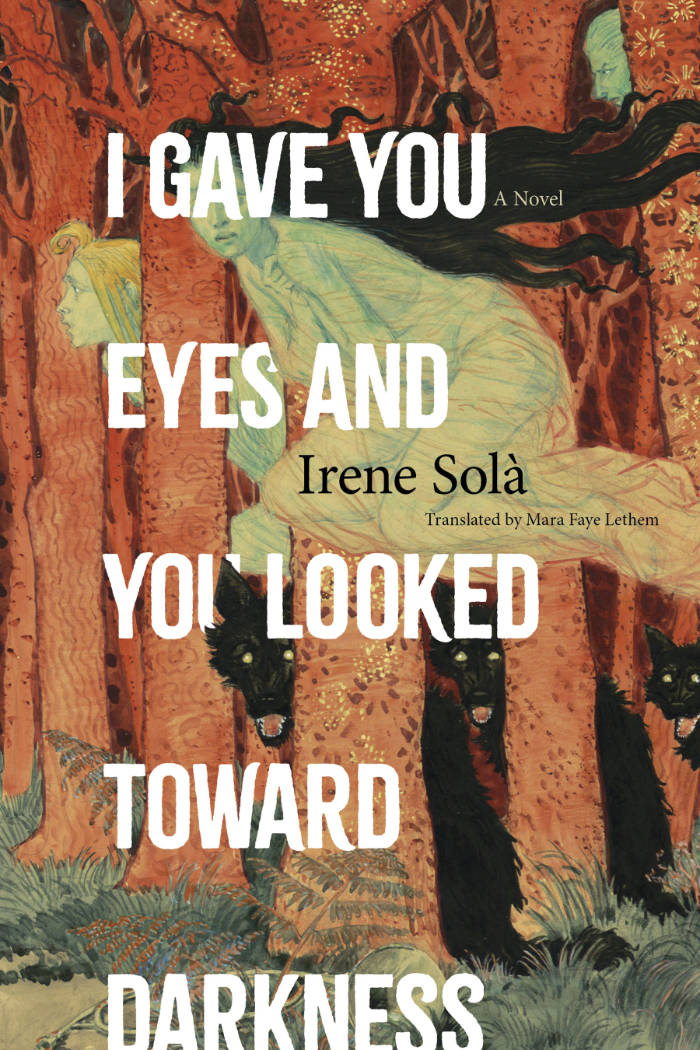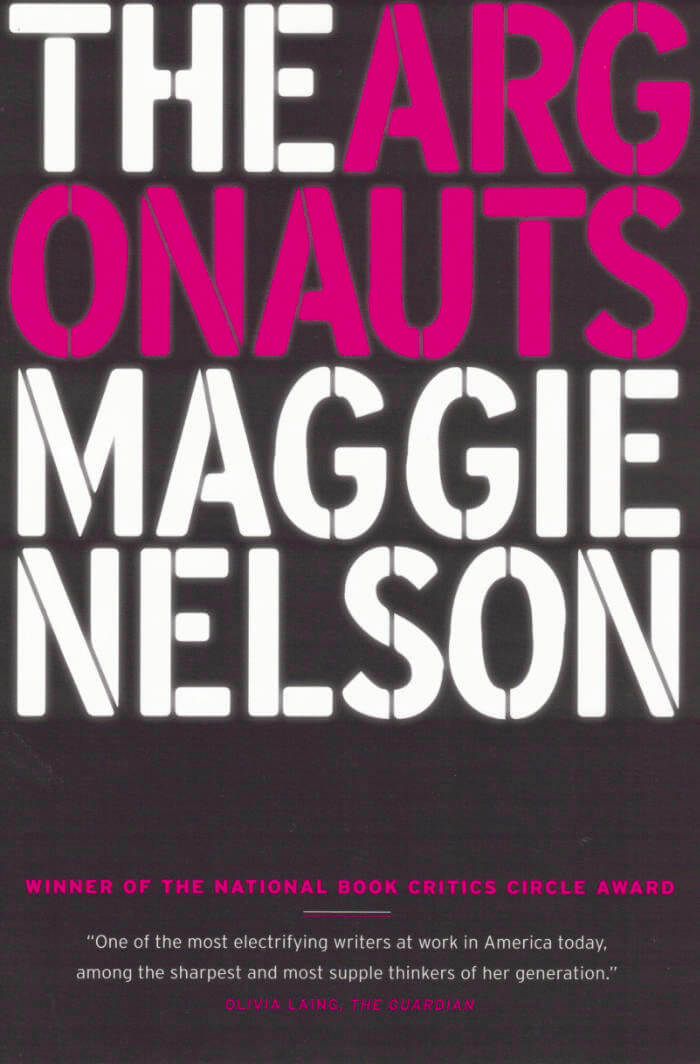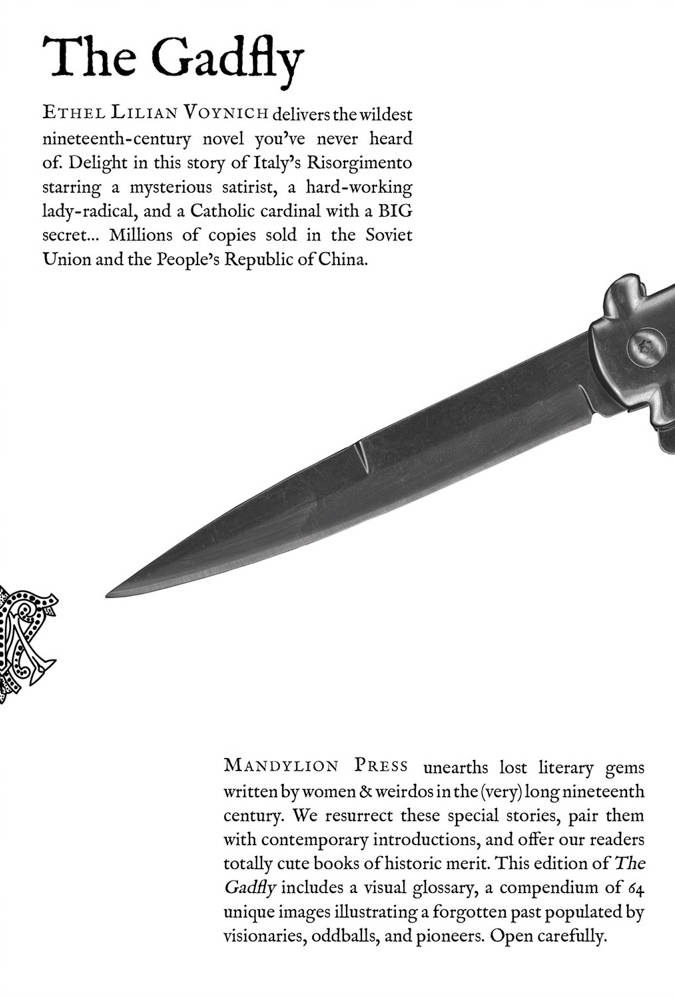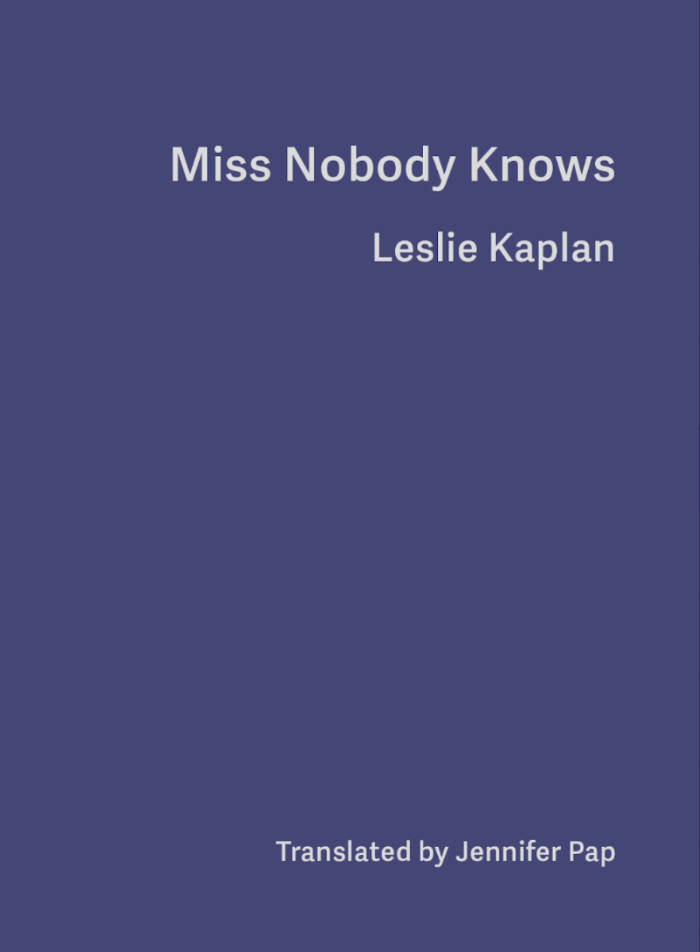
I Gave You Eyes and You Looked Toward Darkness
Dawn is breaking over the Guilleries, a rugged mountain range in Catalonia frequented by wolf hunters, brigands, deserters, race-car drivers, ghosts, and demons. In a remote farmhouse called Mas Clavell, an impossibly old woman lies on her deathbed. Family and caretakers drift in and out. Meanwhile, all the women who have lived and died in that house are waiting for her to join them. They are preparing to throw her a party.
As day turns to night, four hundred years’ worth of stories unspool, and the house reverberates with raucous laughter, pungent feasts, and piercing cries of pleasure and pain. It all begins with Joana, Mas Clavell’s matriarch, who once longed for a husband—“a full man,” perhaps even “an heir with a patch of land and a roof over his head.” She summoned the devil to fulfill her wish and struck a deal: a man in exchange for her soul. But when, on her wedding day, Joana discovered that her husband was missing a toe (eaten by wolves), she exploited a loophole in her agreement, heedless of what consequences might follow.
I Gave You Eyes and You Looked Toward Darkness is an audacious and entrancing novel in which the lines between the dead and the living, past and present, story and history are blurred. In it, Irene Solà draws on oral tradition as well as art, literature, and fairy tales to tell a completely new kind of story.







